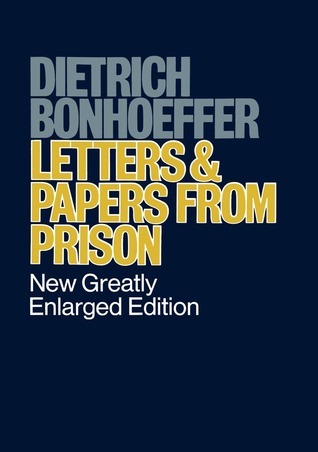What do you think?
Rate this book


437 pages, Paperback
First published January 1, 1951
Resistance and submission are both equally necessary at different times.
It is not some religious act which makes a Christian what he is, but participation in the suffering of God in the life of the world.
not only action, but also suffering is a way to freedom.
